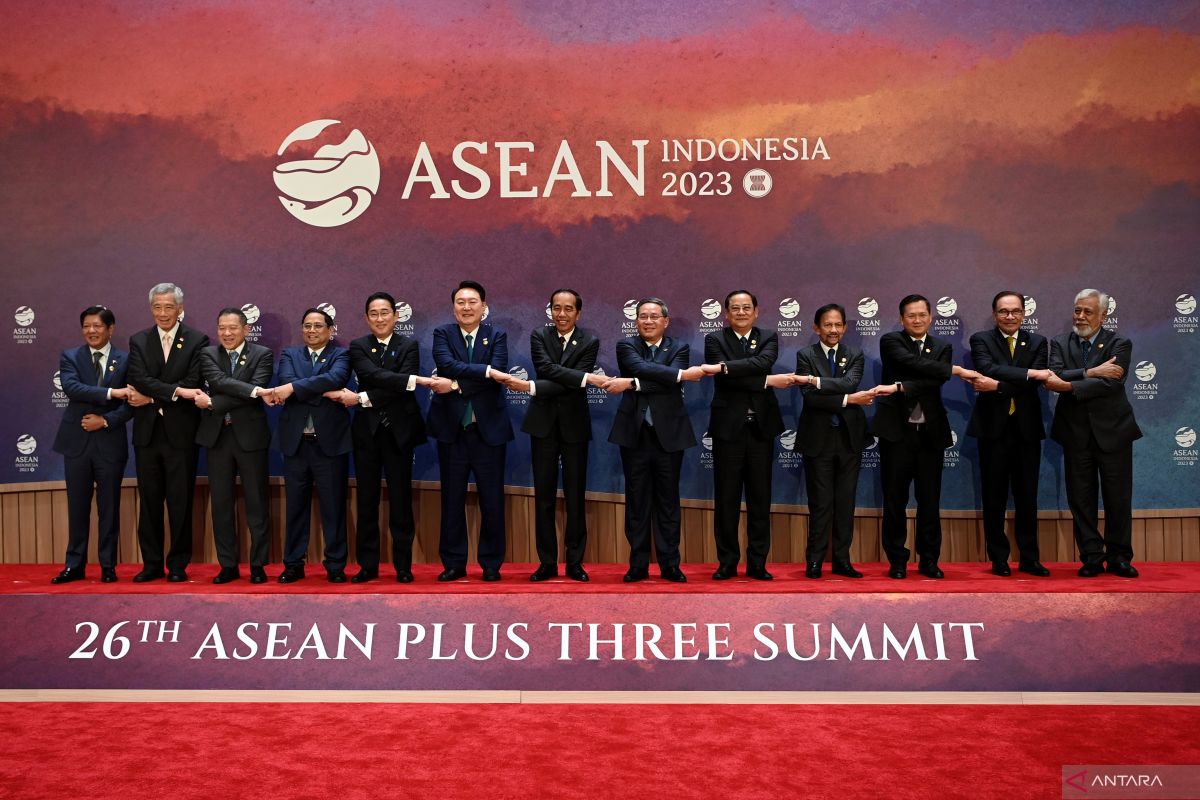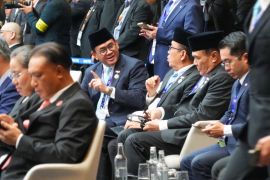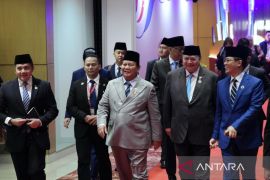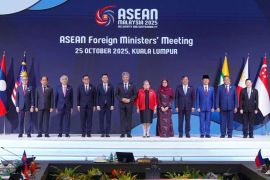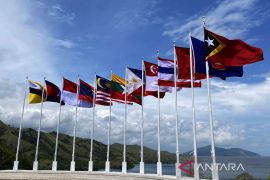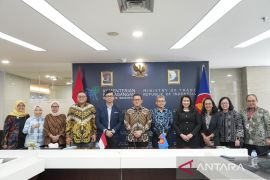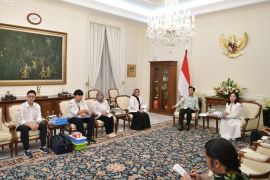ASEAN leaders expressed commitment to "enhance mutual trust and confidence, strengthen an open, transparent, inclusive, and rules-based regional architecture that upholds international law" while engaging with its partners.
Moreover, in strengthening its unity, ASEAN member countries have agreed to advance the use of their local currencies for bilateral transactions and enhance digital payment interconnectivity within the bloc.
The increase in local currency transactions (LCT) aims to support economic stability by encouraging the use of local currencies in bilateral transactions among ASEAN countries.
The agreement on bolstering LCT aligns with ASEAN's objective of achieving centrality, aiming to strengthen the region and enhance its independence in the future.
The implementation of LCT is expected to contribute positively to export-import activities, investment, cross-border payment transactions, such as the cross-border QR payments, as well as support securities trading.
According to a statement released by Bank Indonesia, LCT has been implemented by Indonesia and several countries in the region, namely Malaysia, Thailand, Japan, and China.
Singapore and South Korea have also agreed to implement LCT with Indonesia.
So far, Indonesia, through its ASEAN Chairmanship this year, has striven and upheld the significance of equality in ASEAN, as the bloc has the role of a "stabilizer" amid global geopolitical tensions.
Through its resilient cohesiveness, ASEAN can realize its vision of becoming the world's epicenter of growth, benefiting its 680 million people.
Related news: President Jokowi emphasizes ASEAN unity still maintained
Related news: ASEAN should not become arena of destructive rivalries: Jokowi
Editor: Anton Santoso
Copyright © ANTARA 2023
